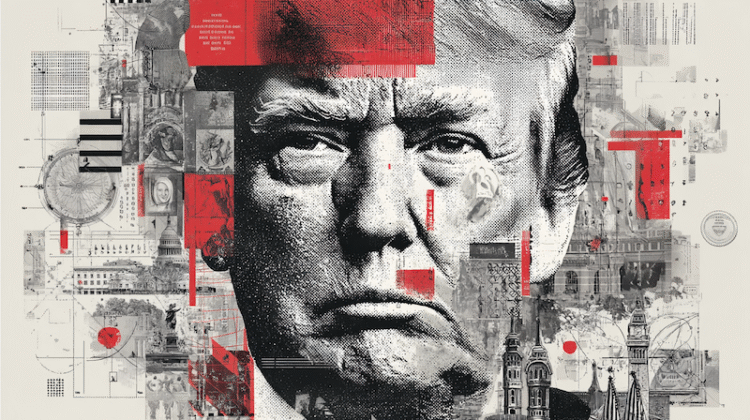The End of Certainty: A New Geopolitical Era Begins in 2025
 Recession risks, climate retreat, collapsing alliances—why Europe must urgently redefine its global role and leadership.
https://www.socialeurope.eu/the-end-of-certainty-a-new-geopolitical-era-begins-in-2025
Recession risks, climate retreat, collapsing alliances—why Europe must urgently redefine its global role and leadership.
https://www.socialeurope.eu/the-end-of-certainty-a-new-geopolitical-era-begins-in-2025

In a few short weeks, 2025 has brought astounding change – and challenges – to the global economy and to the fundamental assumptions that have underpinned the global political economy since the Second World War. From seeing the USA voting alongside Russia, Belarus, and North Korea against its allies, to threats of annexation of other territories and countries, trade wars, threats of massive deportations, a nearly total cut in USA foreign aid – including to various multilateral organisations – and thousands of federal workers laid off, a shift in climate change priorities, to name just a few of the most recent changes in US politics – in less than three months. And the economic result – what appeared to be a positive outlook for the world’s economy and political stability – has changed radically for the worse.
In the USA, the economy risks entering a recession. A recession in the USA will inevitably disrupt the world economy. As Mark Zandi, chief economist at Moody’s, puts it, “This would be a really weird recession – it’s recession by design. The economy came into the year rip-roaring, exceptionally strong and we’re pushing it because of policy.” The risk of recession in the USA is now at 60 percent, estimates Zandi. Unfortunately, economic and political instability are likely to continue, as the emerging trade war shows.
Against this backdrop, Europe and the UK have taken fiscal steps that would have been seen as radical not long ago: the European Commission proposed its ReArm initiative, in Germany a historic political deal about defence investment was made, and a similar announcement was made by the UK Prime Minister. The overall direction here is clear – a move toward a more unified Europe in terms of security policy, defence, and economic policy. Already it is evident that military equipment spending is shifting inward in the EU. Some countries are already rethinking buying the American F-35. NATO countries are looking at potential alternatives.
Europe and other NATO countries are already diversifying their trading partners. The EU and Mexico concluded negotiations to modernise their trade agreement on January 17, 2025. The same applies to the EU with Chile. The EU has rushed and ended a 25-year negotiation and signed the trade deal with Mercosur. In addition, a trade deal between the EU and India is meant to be concluded towards the end of this year. The EU is also speeding up trade negotiations with Indonesia and the Philippines and has restarted talks with Malaysia. Canada has concluded deals with Indonesia and Ecuador.
snip

